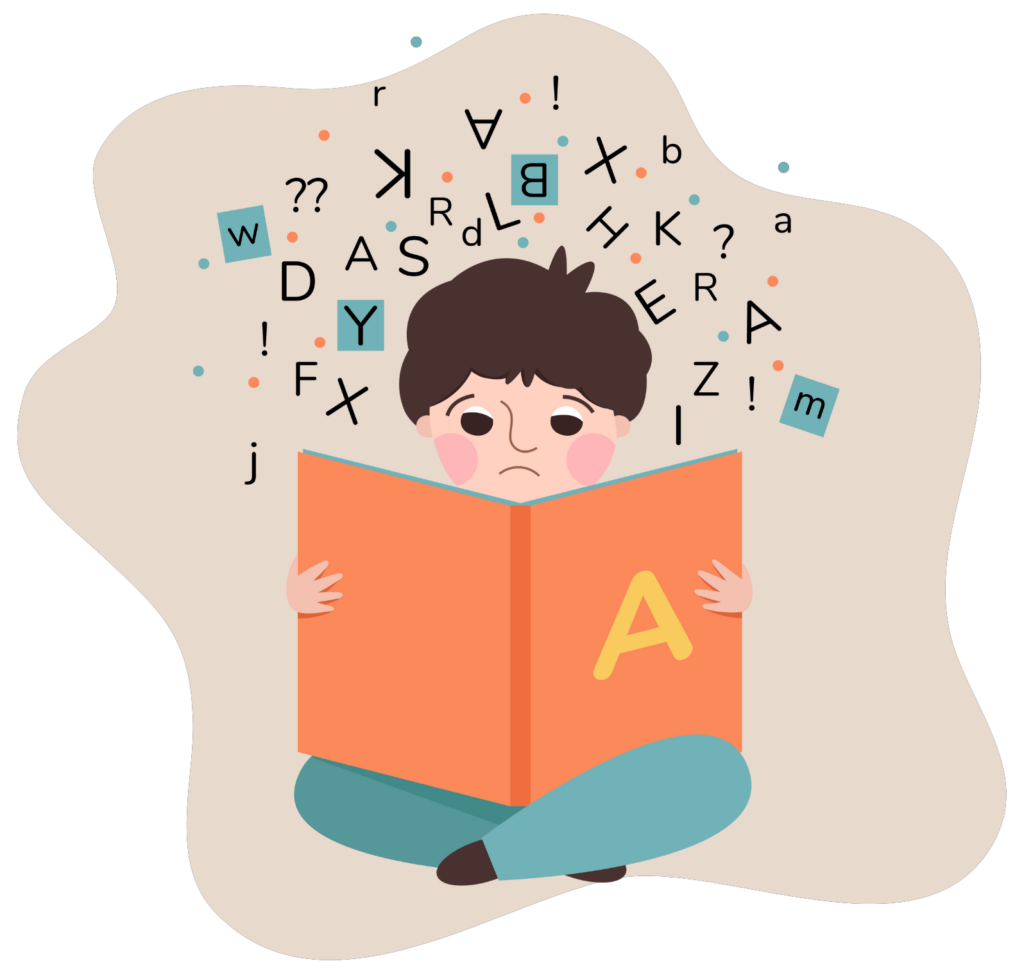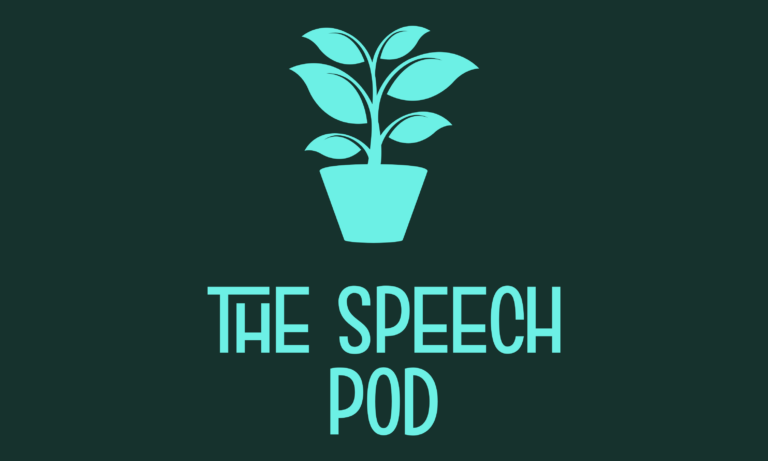There are a number of reasons that a child may have difficulty learning at school, one of which is a specific learning disorder. Specific learning disorders are difficulties that people have with learning that impact on their achievement in education and the workplace and can make becoming numerate and literate difficult. The impacts of specific learning disorders are life-long. Specific learning disorders are not the same as a language disorder or intellectual impairment, they impact learning in a specific area, whereas language disorders impact all areas of language and intellectual impairments impact people in all areas of cognition (thinking). Specific learning disorders are most commonly diagnosed in primary school, when a child is not keep up in a particular area in class. The most common areas impacted on are reading (dyslexia), numbers and maths (dysgraphia) and handwriting (dysgraphia).
What is Dyslexia?
The most common Specific learning disorder is dyslexia, comprising about 80% of all diagnosed learning disorders, and is also the learning disorder that speech pathologists are involved in the management of.
Learning to read can be difficult, and requires well structured, systematic teaching and regular opportunities for practice with the guidance of a more experienced reader. However, sometimes, even when this is in place, a child may still have ongoing persistent difficulties learning to read, and in this case a diagnosis of dyslexia may be considered. People with dyslexia have ongoing difficulties that can impact reading, writing, spelling, vocabulary or comprehension.
The Speech Pathologist’s Role in diagnosing Dyslexia
Educational or developmental psychologists are the primary health professionals involved in the diagnosis of dyslexia, and they consider many factors such as educational history, performance in specific areas of literacy functioning, overall cognitive ability, and how well the child responds to targeted intervention. Speech Pathologists have an important role to play in informing a diagnosis, as they are specialists in assessing specific reading skills such as phonological processing, reading, spelling and vocabulary development. They can also provide a program of targeted literacy intervention and measure how well a child responds to this.
The Speech Pathologist’s Role in managing Dyslexia
While dyslexia is a life-long condition, when provided with targeted support people with dyslexia can perform well academically and make significant improvements with literacy.
There are two main ways that people with dyslexia can be supported with their learning.
- Explicit teaching of reading and spelling skills. Research has demonstrated that the use of a synthetic phonics program can improve the decoding (working out of words) skills of people with dyslexia. When paired with a structured guided practice program, an improvement in fluency can make a significant difference to functional reading skills. Speech Pathologists plan and deliver synthetic phonics instruction and monitor progress to tailor the program to an individual’s needs.
Adjustments. Although significant improvements in literacy can be made, the lifelong nature of dyslexia mean that students are unlikely to progress with literacy at the same rate as other students. It is therefore important that they are offered opportunities to achieve, just like their peers, without having to rely on the area in which they have difficulties. Providing extra time to complete a task, modifying tasks so that they can be completed orally or the use of assistive technology such as text to speech technology or dictation software, can all help a student with dyslexia achieve in the classroom.

